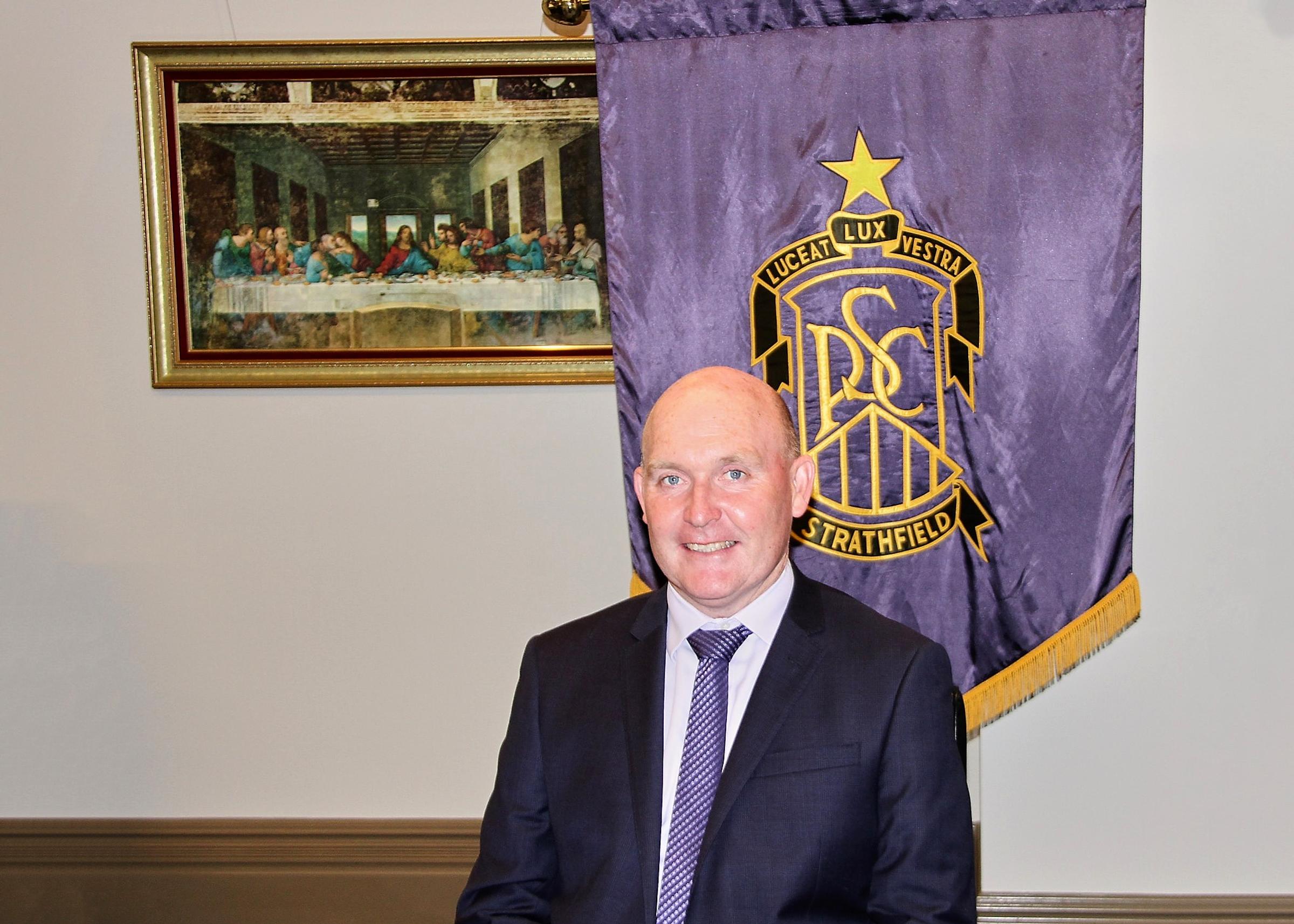Deputy Principal

Often, Dr Lavorato and I write about different things in the Especean. However, this week I thought it was important that I reiterated the important messages that we heard from Kirra Pendergast, CEO of Safe on Social Media, who came in to talk to students in Years 8, 9 and 10 last week and at the P&F Parent Forum. Kirra was informative and to the point and I must admit that as a parent myself, I found some of the information confronting. As parents and carers, you want your children to be safe. We educate our kids so much around road rules and stranger danger. We educate them when they are young to keep the doors locked when we as parents just duck out to the shops for 10 minutes, about not lighting matches in the house and how to get out of the house if a fire starts. All these things we were taught as kids that we pass down to our own children.
After listening to Kirra, I must admit that I need to do some more work around keeping my kids safe on social media. Kirra talked about a game called Roblox which parents/carers with young children would be aware of. She talked about that game being used by predators to groom young children. I asked myself - am I doing enough?
We have so many rules dictating when we allow people to vote, drive and drink alcohol. Yet we readily hand over technology to young children without fully knowing how to keep our kids completely safe, or how to keep up with changing technologies. Our kids know more about technology than we do.
The question therefore is: what can we do to protect our children? We need to always remember that we are the adults. We own the device, and we pay for the internet access at home. We want our children to be open and honest with us, so threatening to take away the device completely can lead to our children not telling us information if they are in trouble. However, that does not mean that we should not be putting strong boundaries in place in our homes. These boundaries should include:
1) Not having mobile phones or other devices in bedrooms overnight. Everyone needs the opportunity to wind down and have uninterrupted sleep, free from distraction.
2) Not having a phone while doing homework and/or study. The distraction of the phone is too much for adults let alone our children to navigate.
3) If you are worried about your child, have a conversation with them. The answer is not to say, your child needs privacy and therefore avoid the conversation. As a parent/carer, you notice the change in your child and you need to act on your instinct.
4) Ensure privacy settings are up to date on your child’s device. Terms and conditions are constantly being updated.
5) If possible, your children should be doing their homework in a public space, this way you can monitor what they are doing. I realise this is not always possible, so consider setting up your children’s desk in their room so you can see their screen as you pass their door.
As a College, we will continue to educate your son as we did last week and offer open invitations for parents/carers like we did last week. We must work in partnership with you as parents and carers. We can control the College’s Wi-Fi; we cannot control yours or the access that you have provided your children with on their phones. Your home Wi-Fi and mobile device access are powerful tools. As parents/carers, just as we teach so many other life lessons to our children as they grow up, we must get our head around teaching them how to be safe on social media and responsible digital citizens. To ignore this is to put our head in the sand.
Adrian Byrne
Deputy Principal
